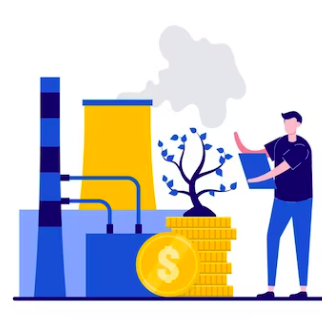Climate Change
News

Introducing the UNEP-University of Oxford Sustainable Budgeting Approach
The jointly develped UNEP-University of Oxford Sustainable Budgeting Approach (SBA) is a decision-support tool designed to help policymakers identify and resource strategic policy opportunities that promote national economic development while

The Role of Green Financial Sector Initiatives in the Low-Carbon Transition: A Theory of Change
Green financial sector initiatives, including financial policies, regulations, and instruments, could play an important role in the low-carbon transition by supporting countries in the implementation of economic policies aimed to
COP27 – Sustainable Finance Architecture to Scale Investments in Climate Action
Event Replay – Sustainable Finance Architecture to Scale Investments in Climate Action Click here to watch the video and event introduction
Reports

The Role of Environmental Tax Reform in Responding to the COVID-19 Crisis
This paper aims to show that environmental tax reforms may be the best option to mobilize revenues during fiscal consolidation while reducing distortions and environmental externalities by shifting the tax

Role of Ministries of Finance in driving and shaping the low-carbon transition
In January 2023, the Smith School and the Swedish Energy Agency are launching a major international report on the role of ministries of finance in driving and shaping the low-carbon transition. Ministries of Finance have

Taxation of Agricultural Land in Europe: A Comparative Approach
Considering the large area of agricultural land in the EU, taxation of agricultural land is a significant subject to EU states and has important effects on sectors like agriculture, urban
Policy Briefs

Environmental taxes, pollution and inequality
Environmental taxes are a widely used tool to tackle climate change around the world. According to the World Bank (World Bank, 2022), in 2022 thirty-seven carbon taxes were implemented or

Sustainable Finance Markets Requires Green Central Banking and Regulations
The recent IPCC AR 6 synthesis report warned the world that global warming beyond 1.5℃ might be unavoidable unless limiting global greenhouse gas (GHG) emissions to peak before 2025 at

Carbon Pricing and Firm-Level CO2 Abatement: Evidence from a Quarter of a Century-Long Panel
Sweden was one of the first countries to introduce a carbon tax in 1991. Authors assemble a unique dataset tracking all CO2 emissions from the Swedish manufacturing sector to estimate



